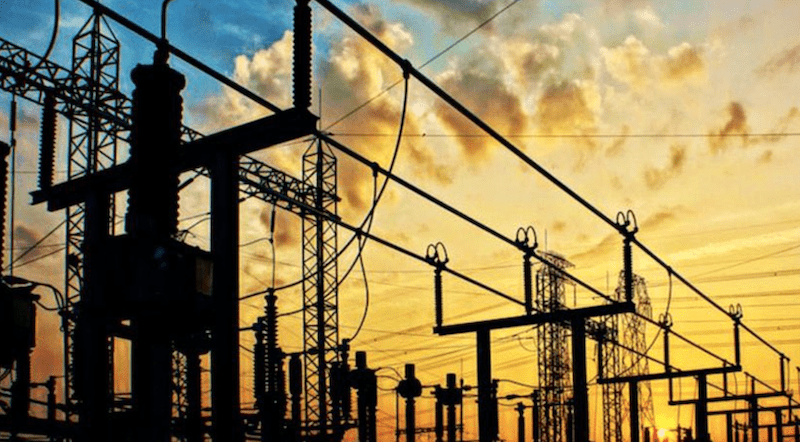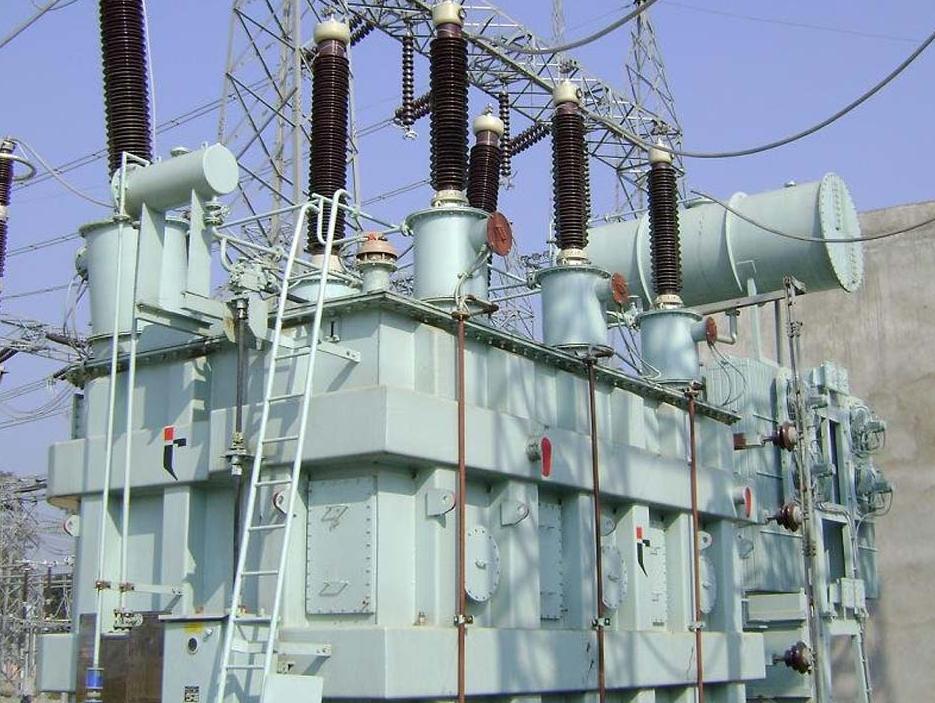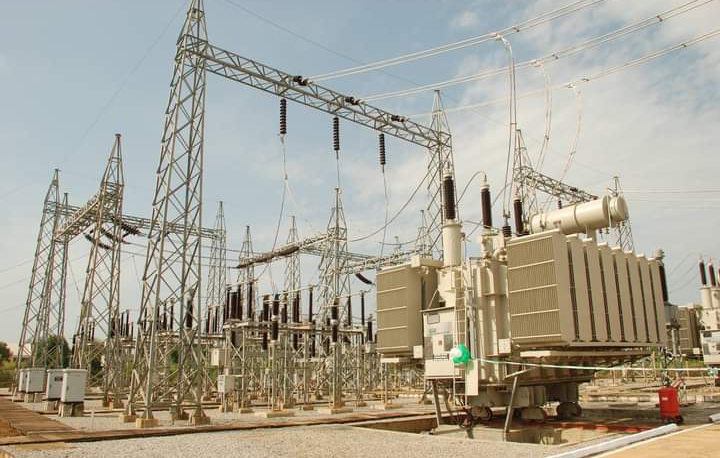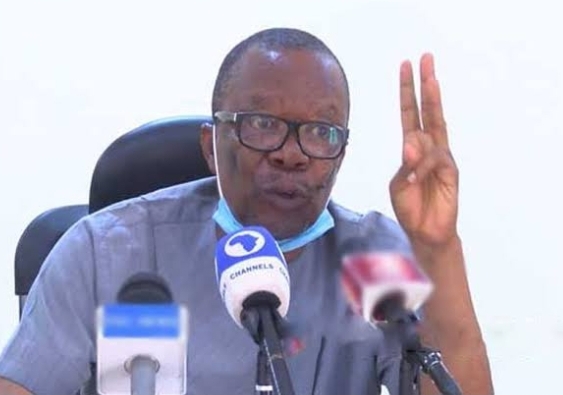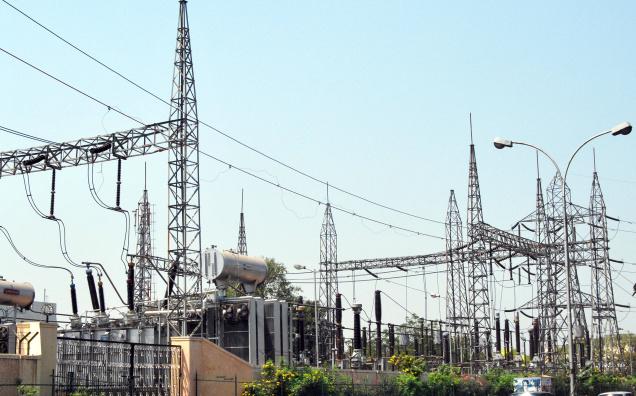Mr Akinwumi Adesina, President, African Development Bank Group (AfDB), says Nigeria is losing about 29 billion dollars annually due to a lack of reliable power supply.
Adesina said that it amounted to 5.8 per cent loss in the nation’s Gross Domestic Product (GDP),
He made this known during his lecture on “building a global Nigeria” to mark 90th birthday anniversary of retired Gen. Yakubu Gowon in Abuja.
He said that the major challenge facing Nigeria’s manufacturing industries was the high cost and unreliability of electricity supply.
The AfDB boss said that load shedding and the inconsistent availability of electricity had resulted in high and uncompetitive manufacturing costs.
According to him, most Nigerian manufacturing companies are providing their own energy with a high dependence on generators, diesel and heavy fuel oil.
“It has been estimated by the IMF that Nigeria loses about 29 billion dollars annually, that is, 5.8 per cent of its GDP, due to a lack of reliable power supply.
“The report also indicates that Nigerians spend 14:billion dollars yearly on generators and fuel.
“There is no other way to say it, lack of electricity is killing Nigerian industries,” he said.
He quoted the Manufacturers Association of Nigeria (MAN) as saying that industries spent N93.1 billion on alternative energy in 2018.
“Today, no business can survive in Nigeria without generators.
“Nigeria had gas and crude oil in abundance, which can be vital means of generating electricity, yet, 86 million people live daily without electricity.
“Today, Nigeria is the number one country in the world in terms of the total number of people without electricity,” he said.
Adesina said that it was a situation that called for government’s attention so as to boost the country’s economy.
He said that looking at achieving a “global Nigeria”, the country must achieve universal access to electricity.
Highlighting AfDB‘s contributions, Adesina said that the bank had invested massively in the power sector to support the implementation of Nigeria’s Power Sector Recovery Programme by providing 200 million dollars for the Nigeria Electrification Project.
“To support Nigeria and other African countries, the AfDB invests massively in the continent’s power sector.
“This is through provision of 200 million dollars for the Nigeria Electrification Project, which is designed to fill the country’s electricity access gap.
“We have also invested 210 million dollars in the Nigeria Transmission Project to strengthen the grid power evacuation and regional interconnection, ” Adesina said.
According to him, a major component of AfDB’s energy strategy is the launch of the Desert to Power initiative, a 20 billion dollars initiative to provide electricity.
He said that the initiative would provide electricity for 250 million people across 11 countries of the Sahel, including Northern Nigeria.
He said that it was expected that Desert to Power would create the world’s largest solar zone.
“This initiative will draw lessons from successful projects already financed by the bank, including the Noor Ouarzazate solar PV power project in Morocco,
and the Ben Ban solar project in Egypt.
“The President of the World Bank Group, Ajay Banga and I made the decision that the two institutions will work together to connect 300 million Africans, including Nigerians, to electricity by 2030, ” Adesina said.
